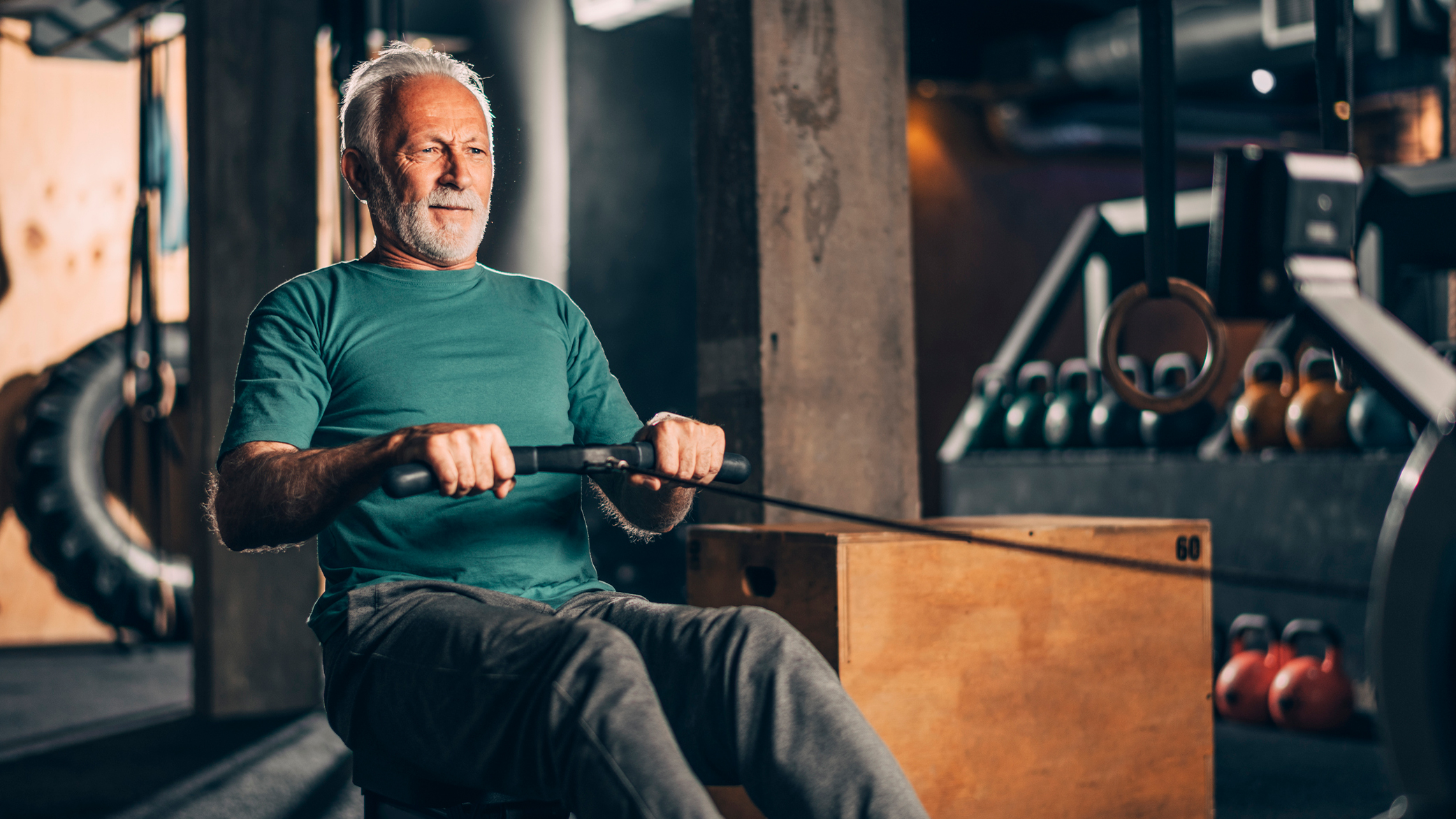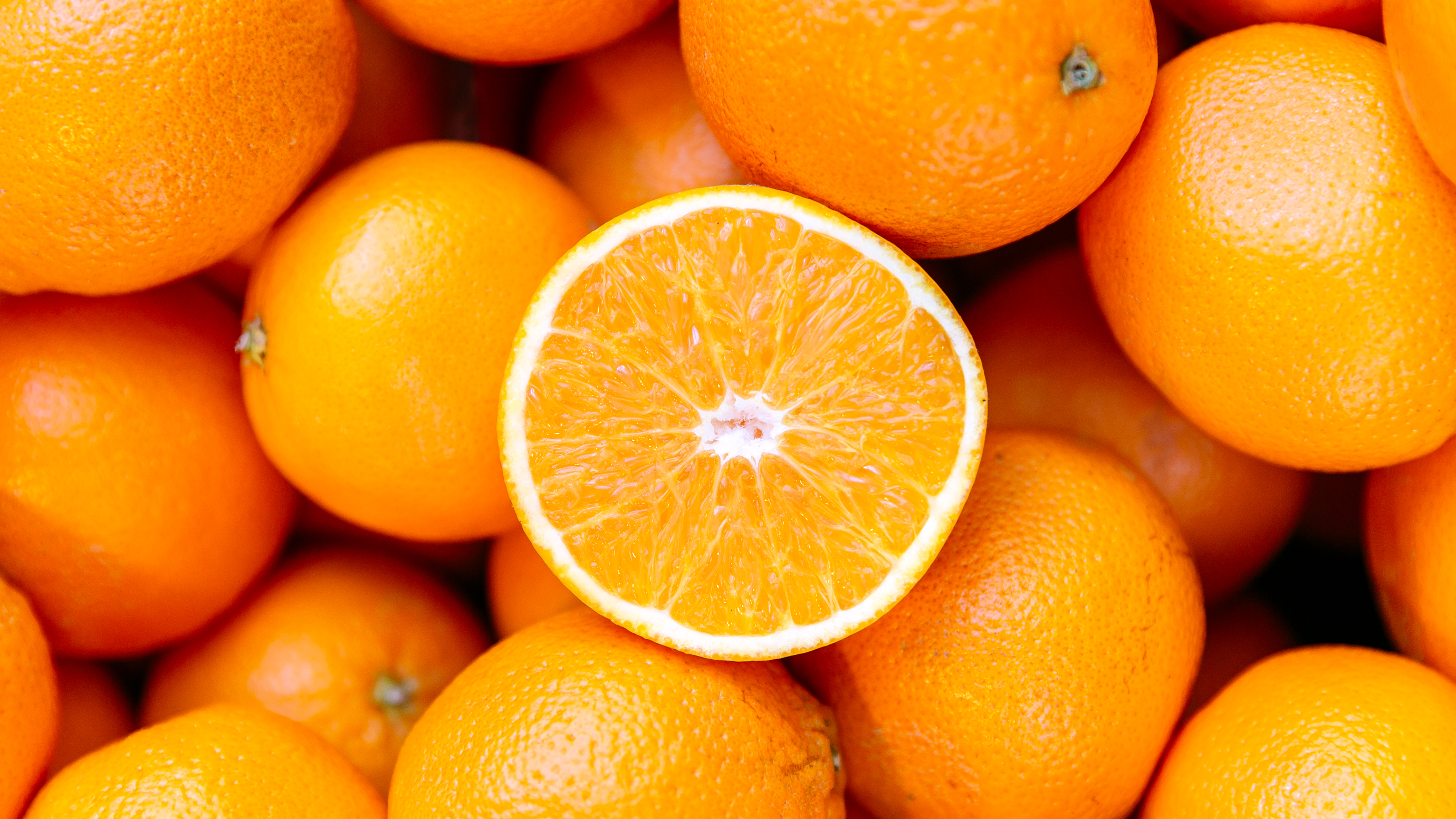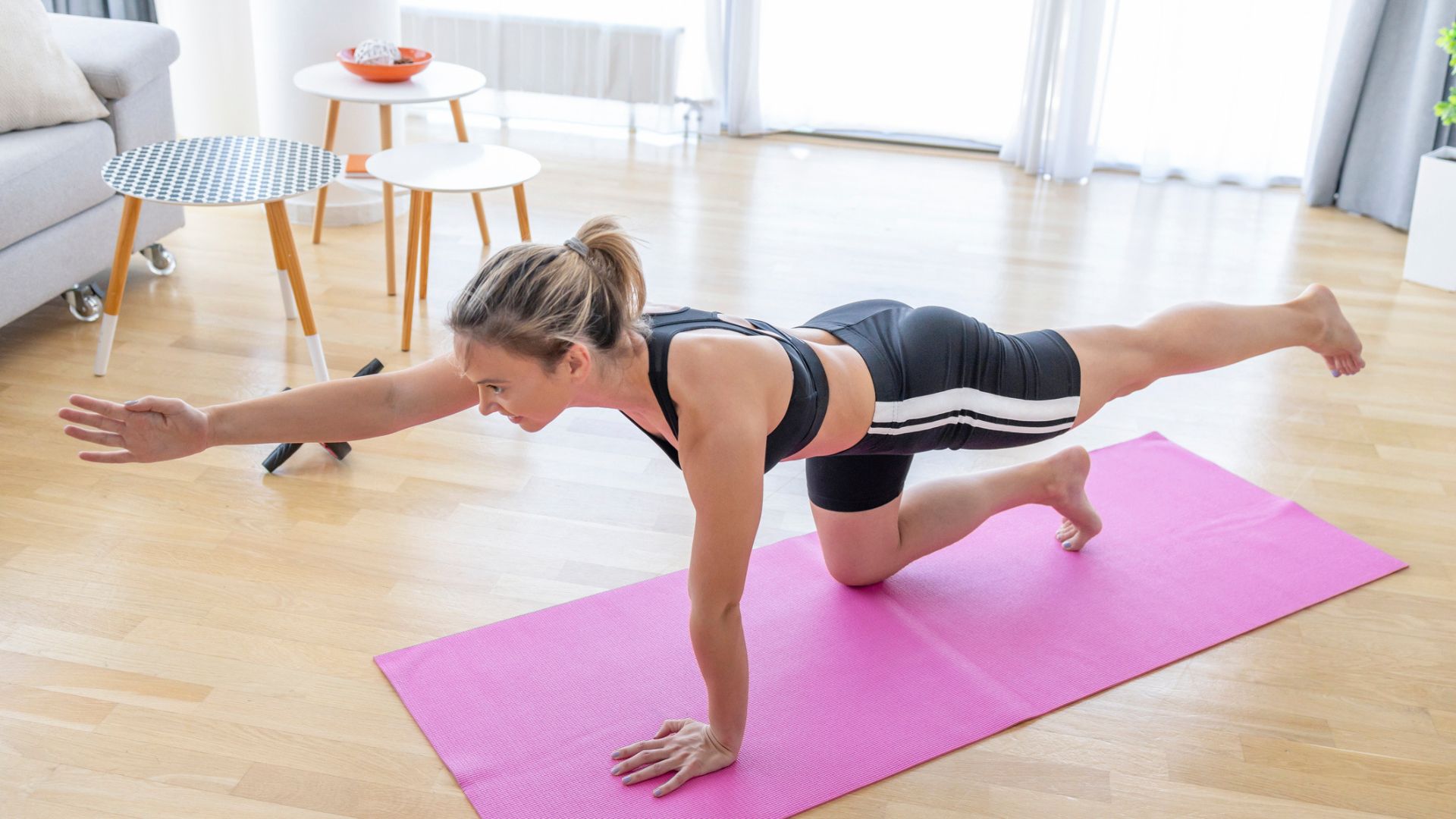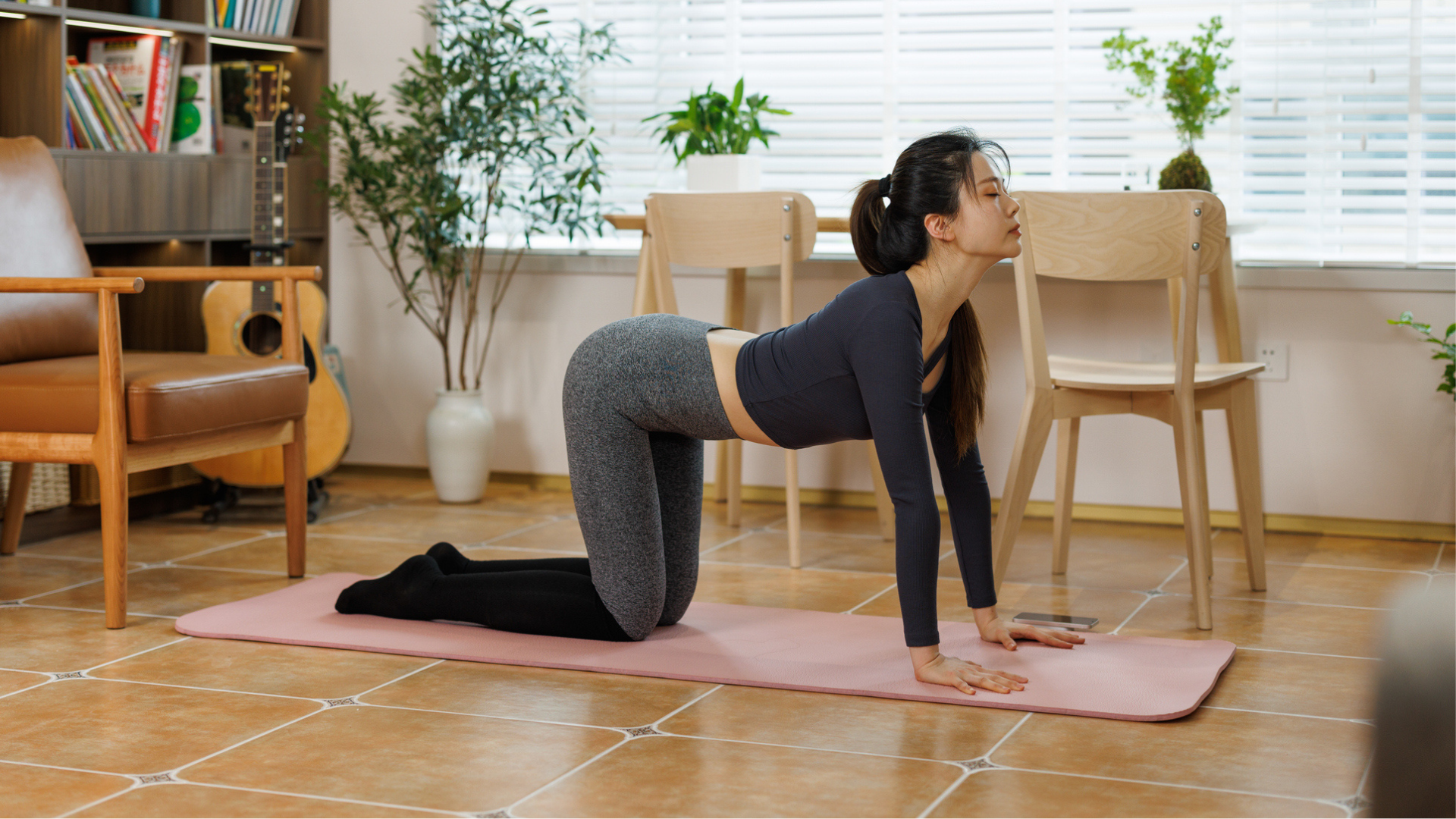Fitness news: How vitamin C can actually help you gain muscle
Want to stay on top of your fitness? Vitamin C in older adults is key to maintaining muscle


There's plenty of dietary advice people follow when trying to maintain muscle, like eating lots of protein shortly after you work out. Protein is, of course, one of the key components in your diet, as is essential for keeping muscles growing.
If don't want to break the bank on your protein habit, check out our roundup of this year's Black Friday protein deals. But there's more to muscles than protein: a new study has found as people age, vitamin C helps people maintain skeletal muscle mass.
- NEW: How this man dropped 230lbs (and got ripped) in two years
- PLUS: ASICS Runners Face Cover mask: How to get the sports mask you can drink through
We naturally undergo a process called atrophy as we age, which wastes our muscles due to lack of use and makes us weaker. People over 50 actually lose one percent of muscle mass each year. This can lead to conditions like sarcopenia, which leave us very frail in our old age.
However, there are two things we can do to counteract this. The first is to stay fit, building a healthy amount of muscle during life and continuing to maintain it with regular diet and exercise. The longer we're able to stay active and maintain muscle, the longer we actively fight against the process of atrophy.
The other is to eat more micronutrients like vitamin C-rich fruits, vegetables and supplements, which actively help the fight against muscular atrophy.

Scientists from the University of East Anglia measured more than 13,000 people aged between 42-82 years, calculating their skeletal muscle mass, analysing their vitamin C intakes using a food diary and examining the vitamin C in their blood.
The results showed people with more vitamin C in their blood had more skeletal muscle mass, and the trend continued down to the lowest amounts.
Get the Fit&Well Newsletter
Start your week with achievable workout ideas, health tips and wellbeing advice in your inbox.
Lead researcher Prof Ailsa Welch said: "We know that Vitamin C consumption is linked with skeletal muscle mass. It helps defend the cells and tissues that make up the body from potentially harmful free radical substances. Unopposed these free radicals can contribute to the destruction of muscle, thus speeding up age-related decline.
"But until now, few studies have investigated the importance of Vitamin C intake for older people. We wanted to find out whether people eating more Vitamin C had more muscle mass than other people."
Vitamin C is readily available in citrus fruits like oranges and lemons, as well as peppers, broccoli, strawberries, tomatoes, leafy greens and winter squash.
Liked this?
Matt Evans is an experienced health and fitness journalist and is currently Fitness and Wellbeing Editor at TechRadar, covering all things exercise and nutrition on Fit&Well's tech-focused sister site. Matt originally discovered exercise through martial arts: he holds a black belt in Karate and remains a keen runner, gym-goer, and infrequent yogi. His top fitness tip? Stretch.
-
 I did bird dog every day for seven days and now I understand why trainers recommend it for core strength, spinal health and posture
I did bird dog every day for seven days and now I understand why trainers recommend it for core strength, spinal health and postureThis simple bodyweight move has so many benefits
By Alice Porter
-
 A yoga instructor says this eight-minute routine is all you need to mobilize your entire body
A yoga instructor says this eight-minute routine is all you need to mobilize your entire bodyStiff and achy muscles? Try this
By Alice Porter